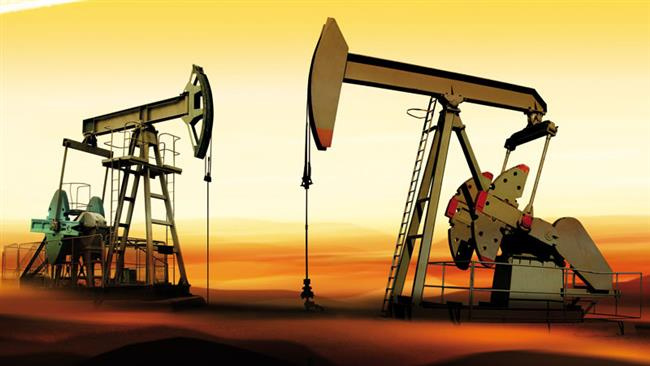490 billion barrels of Iran oil unrecoverable

Iran holds the world’s fourth largest oil reserves estimated at 650 billion barrels but only 156 billion barrels or 24% of them are recoverable, head of the Research Institute of Petroleum Industry Mohammad Keramati said on Saturday.
Keramati said Iran needs to employ new technologies to improve recovery from its oil reservoirs. “Every one percent increase in recovery rate equals 6.5 billion barrels of recoverable crude oil worth billions of dollars,” he said.
“While only 24% of our known oil reserves are currently recoverable, the average recovery rate of the world’s oil wells is 35%. However, some countries such as Saudi Arabia, Norway and Kazakhstan seek to raise this rate to 70%.”
Keramati said Iran needs to upgrade its production capabilities through investments in its reservoirs and upgrading extraction technologies with the help of domestic and foreign scientific centers and international companies which own them.
The government, he said, has submitted all issues related to improving recovery from some of the major oil fields such as Ahvaz to Iranian universities.
“Major oil companies which owned about 80% of the world’s reserves in the 1960s did not endure a change in revenues after seeing their shares cut to 20% through nationalization of the petroleum industry because they shifted to enhancing their recovery rates,” Keramati said.
“Even the oil shock and 20% price decline in 2011 did not lead to a drop in the earnings of the companies which own the EOR (enhanced oil recovery) technology,” he added.
On Saturday, local media said Iran and Austria had signed an agreement to increase recovery from the Gachsaran onshore oilfield which along with Ahvaz and Marun constitutes the backbone of the country’s crude production.
The agreement was signed between Iran’s Petroleum University of Technology and Austria’s Montanuniversitat Leoban during President Heinz Fischer’s landmark visit to Tehran earlier this week.
Iran plans to revitalize its aging oilfields which are among the world’s least costly and least risky reserves.
Aghajari and Bibi Hakimeh are the other big onshore producers of Iran which are expected to be presented to international companies during a London conference in December.
Officials have said a combination of brown and green fields as well as exploration blocks will be put up for grabs under a new contract model, reportedly a midway between a production sharing contract and a service contract.

